Teams
Research Fellows

Dr. Yiqing Chen received her Ph.D. in Materials Engineering from McGill University. She was previously a postdoctoral fellow at Northwestern University and the University of Toronto. With a background in materials science, electrochemistry, and machine learning applications, her research focuses on understanding the physical and chemical mechanisms underlying electrocatalysis and advancing AI-driven catalyst design.
Eric and Wendy Schmidt AI in Science Postdoctoral Fellowship
Email: yiqingchen@nus.edu.sg

Dr. Shangwen Fang earned his Ph.D. in Chemistry from Nanjing University and his M.S. in Chemistry from Soochow University. With an academic background in organic synthesis, polymer chemistry, and DFT-based mechanistic studies, his currentresearch focuses on developing AI-driven retrosynthetic planning frameworks for solid-phase synthesis to enable fully automated small-molecule organic synthesis.
Co-Advisor: A/P Jie Wu
Email: sw.fang@nus.edu.sg
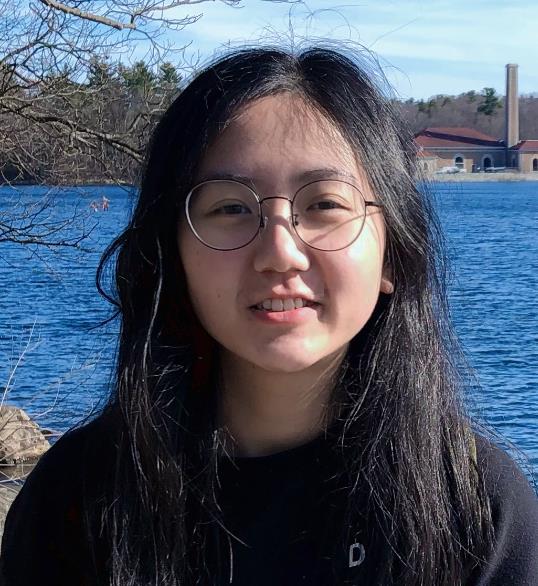
Dr. Nihang Fu received her Ph.D. in Computer Science from the University of South Carolina and her M.S. in Electrical and Computer Engineering from Northeastern University. Her research expertise spans machine learning, deep learning, and their applications in materials science. She is currently focused on advancing AI for Science, with particular emphasis on crystal materials and their applications in catalysis.
Email: nihang.fu@nus.edu.sg
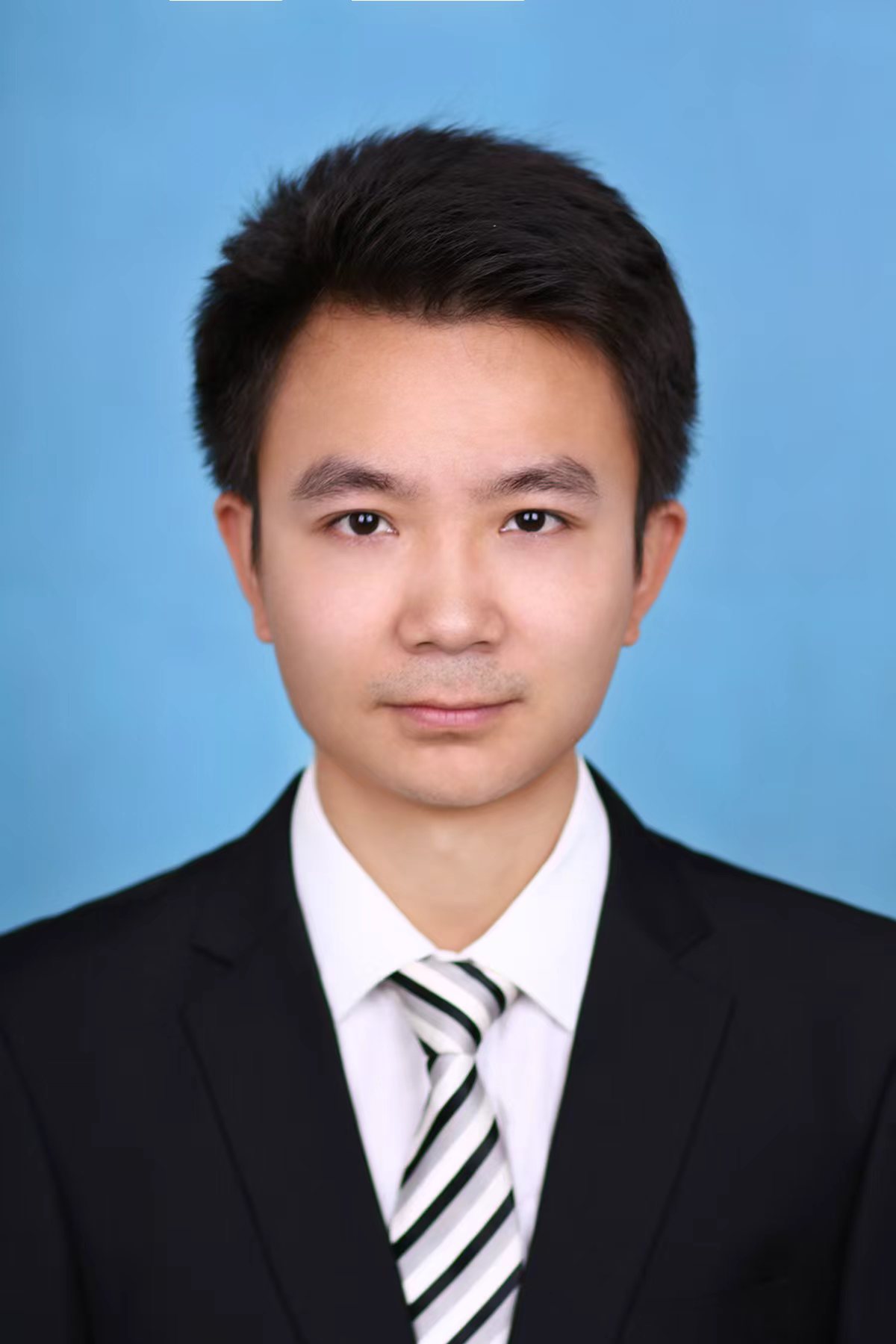
Dr. Tao Luo received his Ph.D. from Central South University and his M.S. from Xiangtan University. With an academic background in computational materials science, electrocatalysis, and electronic structure theory, his current research focuses on understanding the mechanisms of electrochemical CO₂ reduction and developing AI- and machine-learning–driven potential models for catalyst design and multiscale simulations.
Email: taoluo@nus.edu.sg
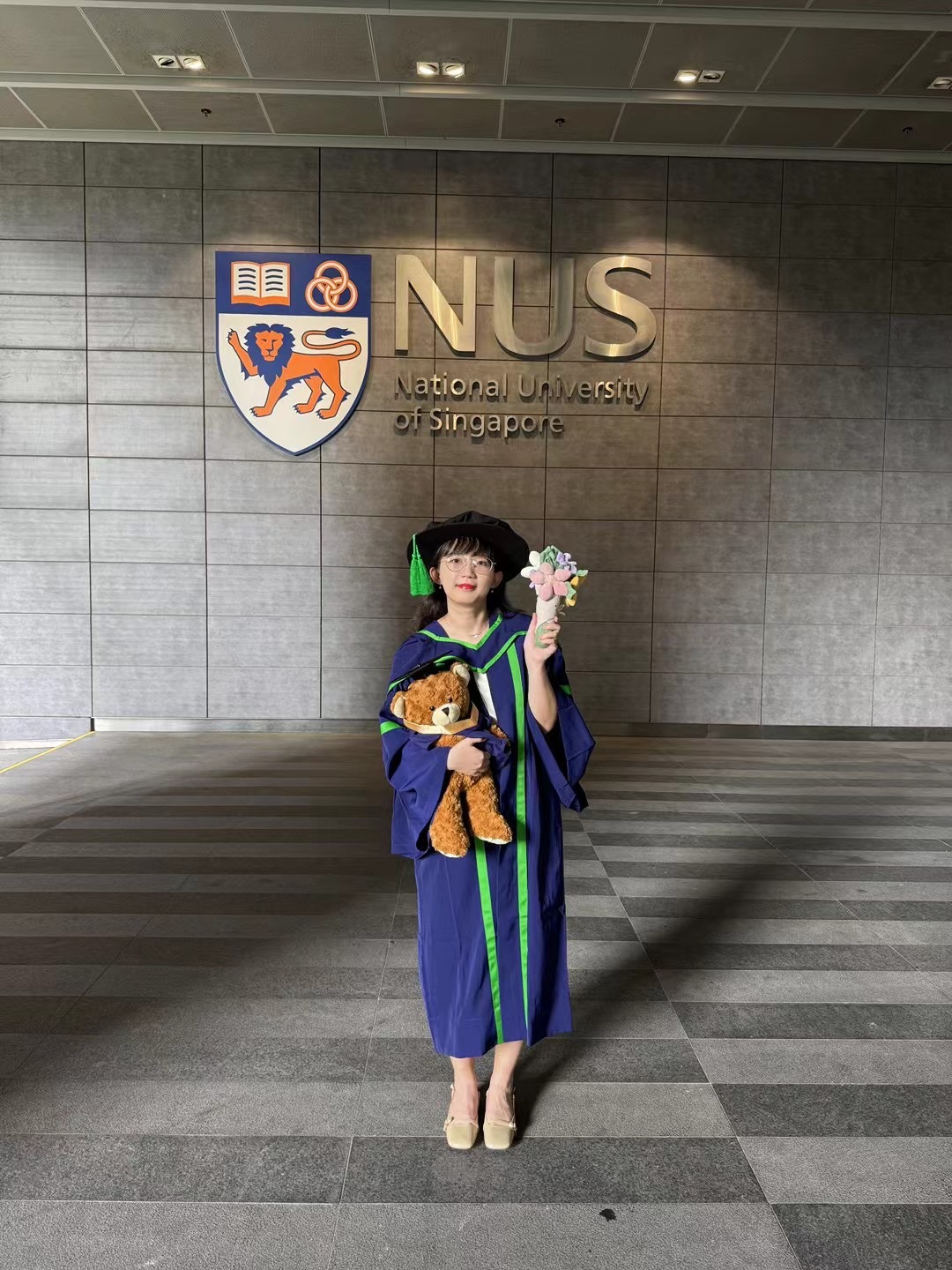
Dr. Lulu Wang holds a Ph.D. and M.S. in Chemistry from the National University of Singapore, and a B.S. in Chemistry from Soochow University. Her expertise spans on-surface synthesis, supramolecular catalysis, and the application of machine learning in catalyst development. Currently, her research focuses on leveraging machine learning techniques to predict highly efficient catalysts.
Email: wanglulu@nus.edu.sg
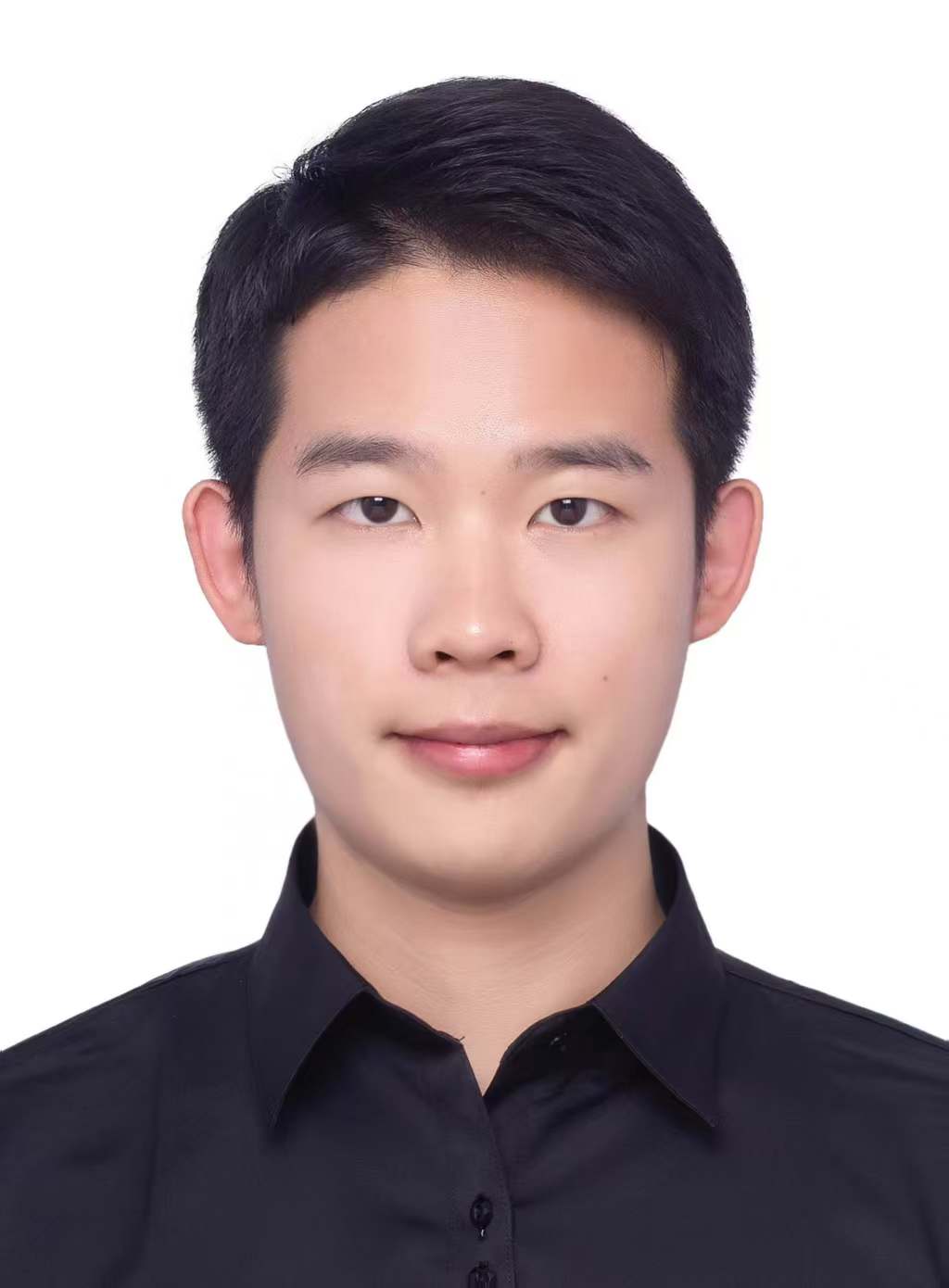
Dr. Chao Yang earned his M.S. and Ph.D. in Inorganic Chemistry from Fudan University. With a background in electrochemistry, materials science, and catalytic reactions, he is focusing on understanding catalyst stability under working conditions using machine learning methods.
Email: c_yang@nus.edu.sg
PhD Students

Chenlin Cai completed his Bsc in Chemistry studies and Msci in Digital Chemistry (AI in Chemistry) studies at Imperial College London. Then, he went back to China and worked in Peking University as a research assistant, focusing on electro-organic synthesis. Now, he joins the group as a PhD student with an interest in AI and computational chemistry applied to chemical catalysis.
Email: cai_chenlin@u.nus.edu
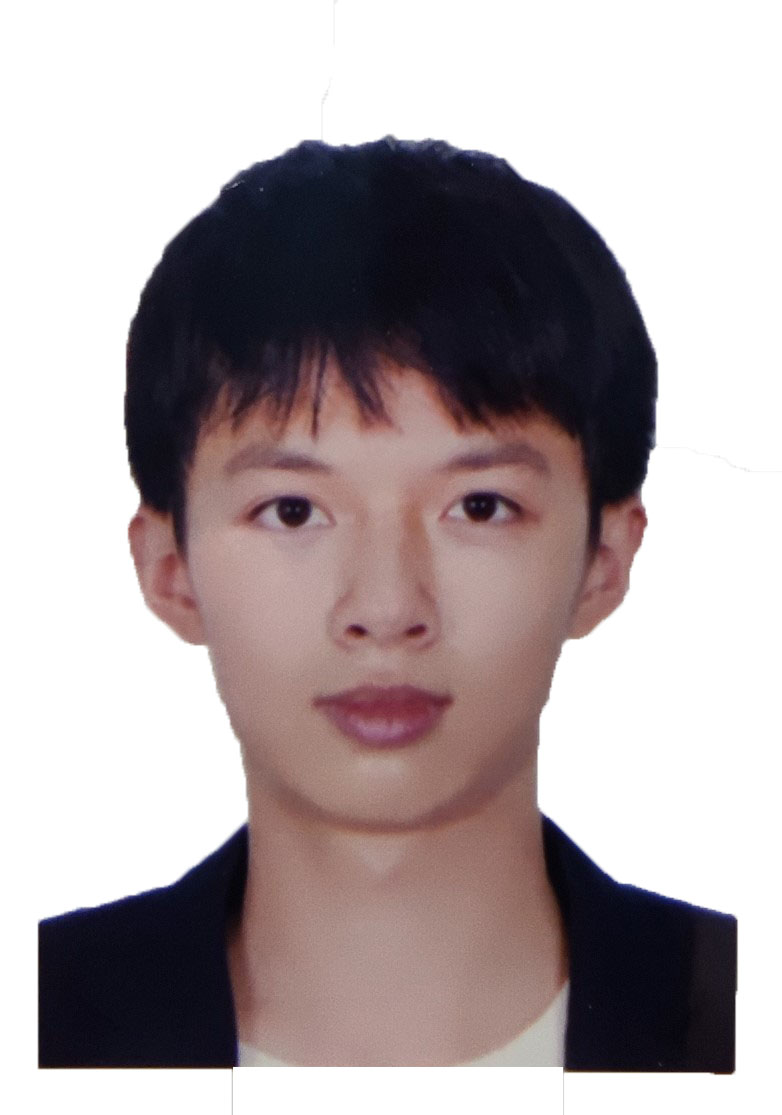
Yueyang Lin earned his M.Sc. in Chemistry from the National University of Singapore and B.Sc in Chemical Engineering from the East China University of Science and Technology. He is focusing on intersection of AI and Density Functional Theory (DFT), particularly in Oxygen Evolution Reaction (OER) and Double Atom Catalyst (DAC).
Email: e1353154@u.nus.edu

Yan Liu earned her M.S. in Chemistry from The University of Auckland with First-Class Honours, with a background in electrochemistry, theoretical catalysis, heterogeneous catalysis, and computational chemistry. She is focusing on understanding and designing catalysts for electrocatalytic reactions using Density Functional Theory (DFT) and ab initio molecular dynamics (AIMD) calculations.
Email: yan.liu@u.nus.edu
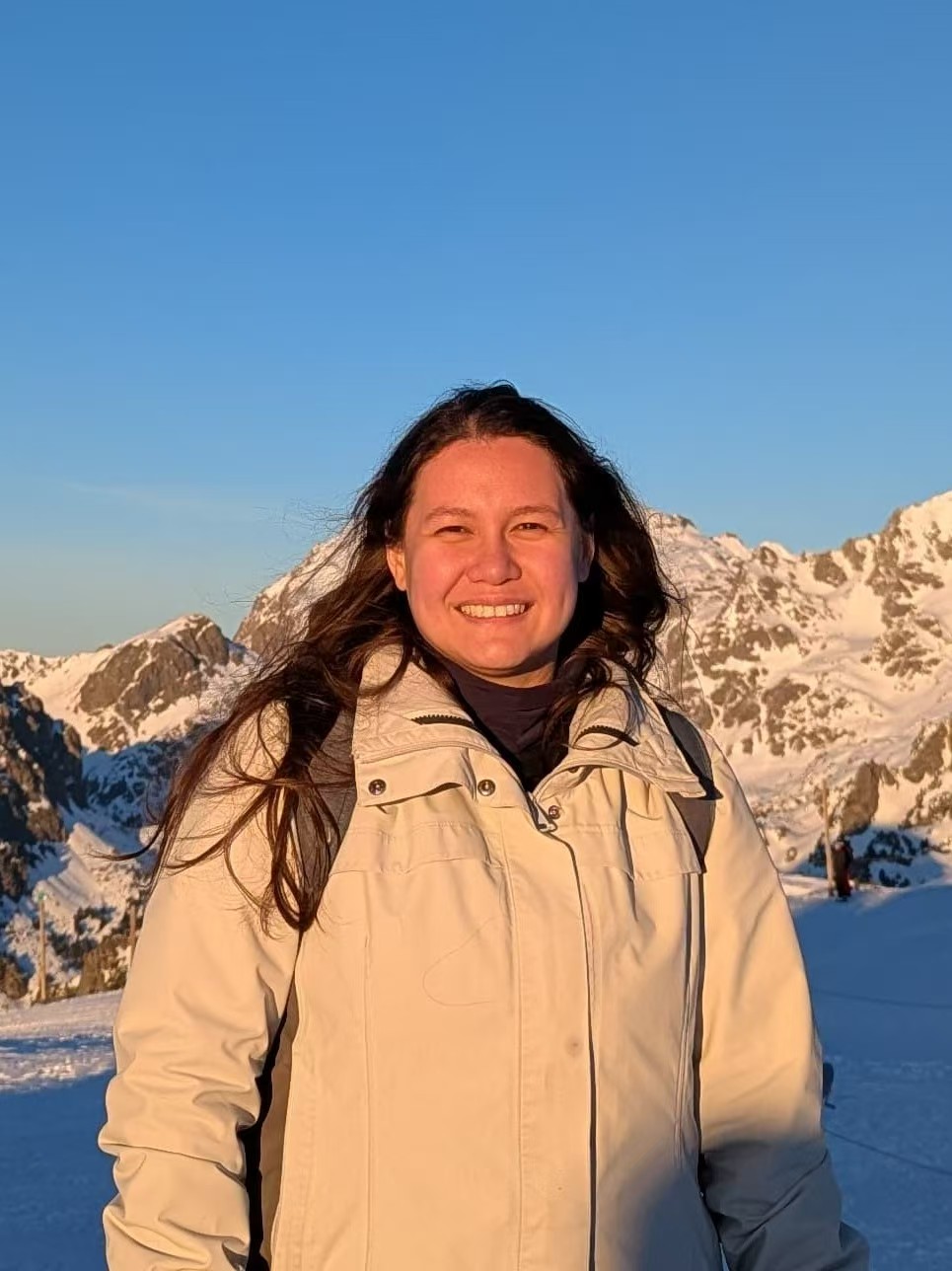
Jensie Low graduated with the Erasmus Mundus Masters of Science in Nanoscience and Nanotechnology from KU Leuven and Université Grenoble Alpes and her BSc in Science (Chemistry) from the National University of Singapore.
Email: jensielow@u.nus.edu
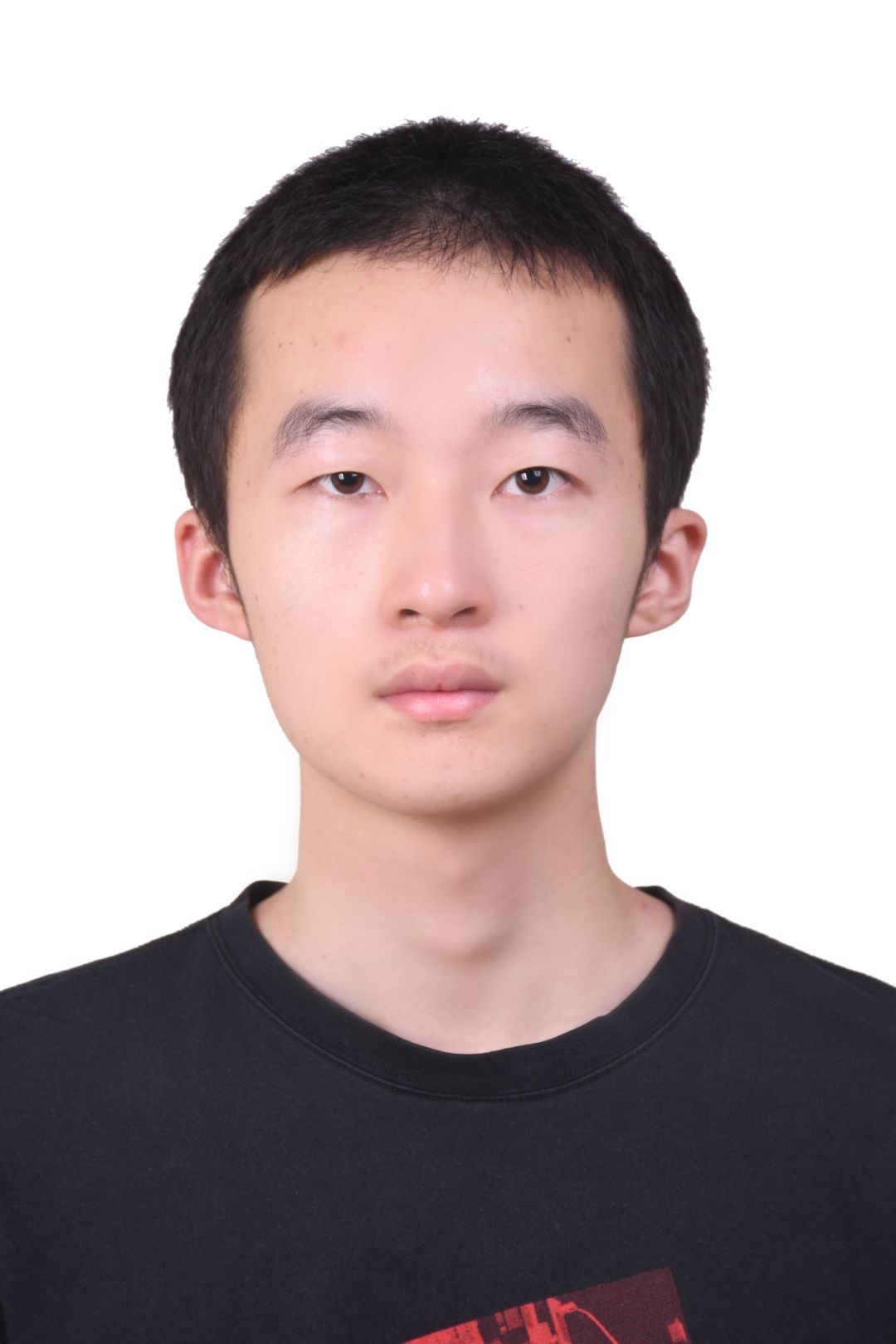
Yujie Luo earned his B.S. in Chemistry from Wuhan University, with a background in electrochemistry and organic systhesis. He is focusing on understanding and designing molecular catalysts using Density Functional Theory and machine learning methods.
Email: e1353438@u.nus.edu
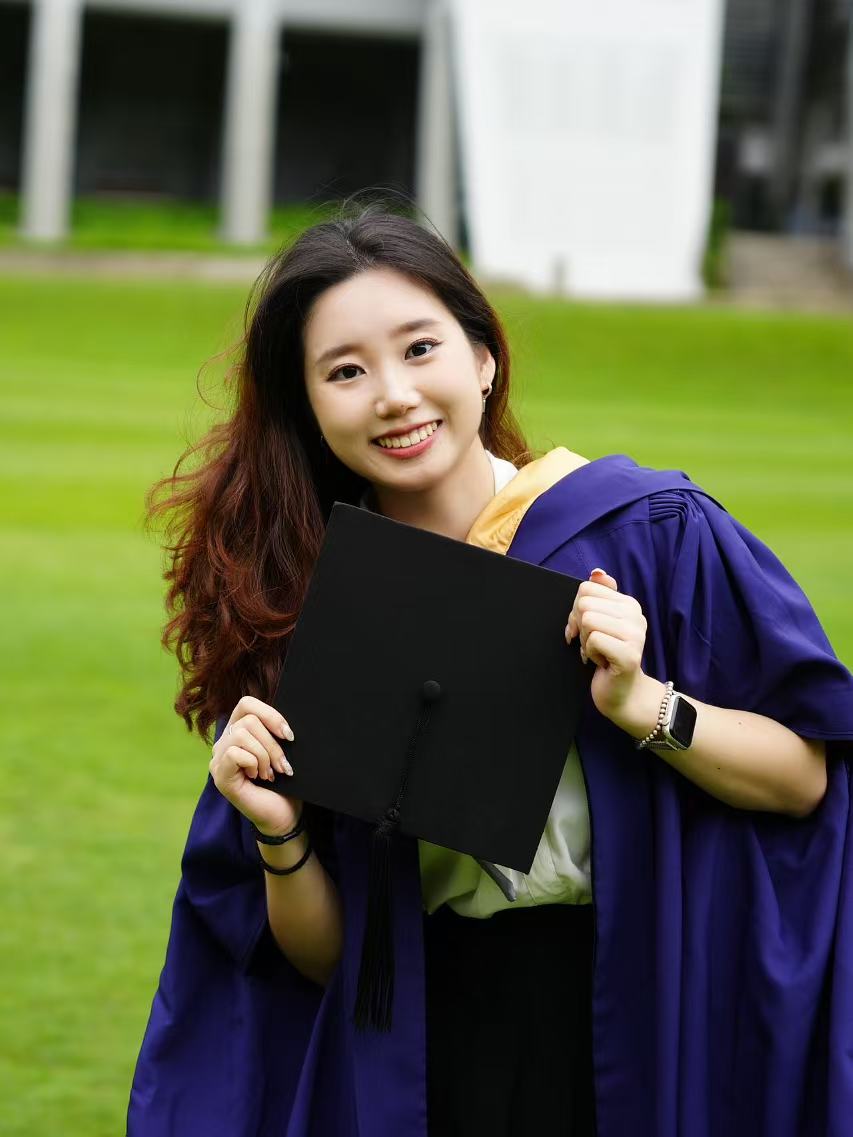
Yiwen Yao earned her M.S. in Materials Science and Engineering from the National University of Singapore and B.E. in Polymer Materials and Engineering from Sun Yat-sen University. With a background in electrochemistry and polymer chemistry, she is currently focusing on high-throughput screening of high-entropy alloys and oxides for electrocatalysis reactions.
Email: e1142446@u.nus.edu
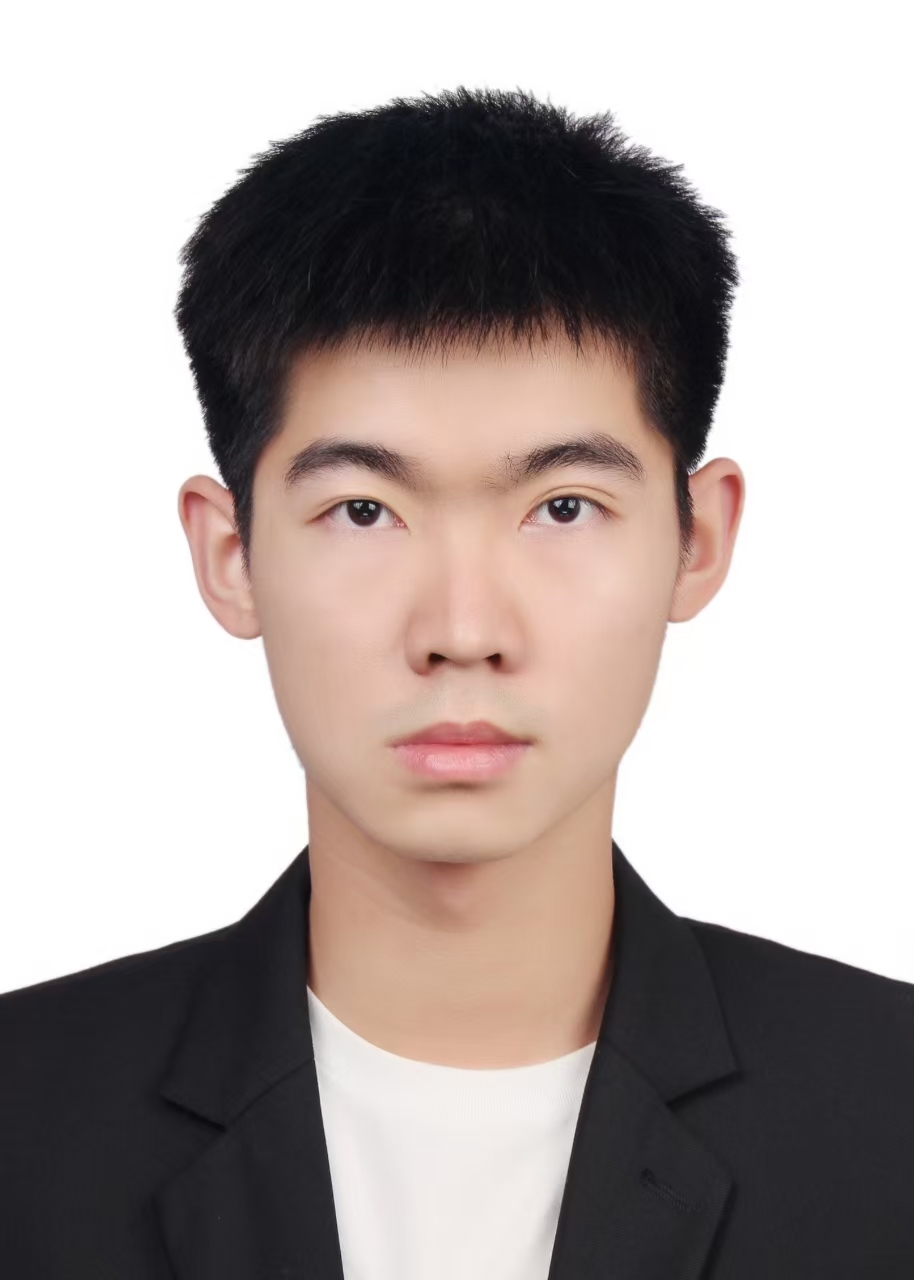
Zhiquan Zeng earned his M.S. in Powder Metallurgy Research Institute from Central South University, with a background in cathode materials, hydrogen storage materials, and water electrolysis catalysts. He is focusing on designing catalysts for water electrolysis based on Density Functional Theory (DFT) and machine learning methods.
Email: e1583458@u.nus.edu
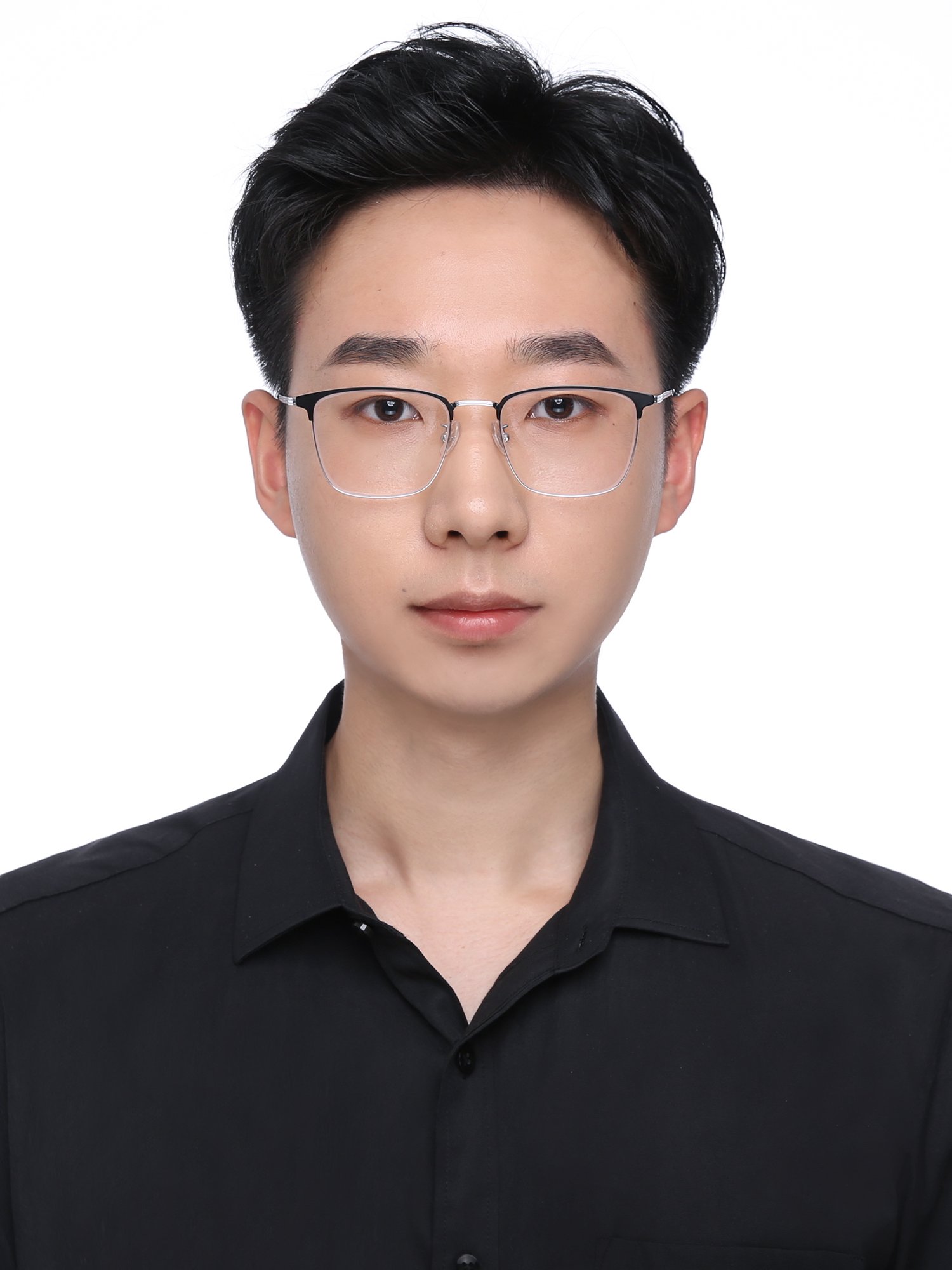
Jinbo Zhu earned his B.S. in Theoretical Physics from the University of British Columbia, with a background in Computational Materials Science, Density Functional Theory (DFT), and Solid-State Physics. He is currently focusing on machine learning-driven predictions of catalytic structures and exploring their properties.
Email: zhujinbo@u.nus.edu
MbR Students

Zhiye Chen
MbR AY25/26 and AY26/27
Department of Chemistry
National Univeristy of Singapore
Email: e1583561@u.nus.edu
Undergraduate UROPS/FYP Students
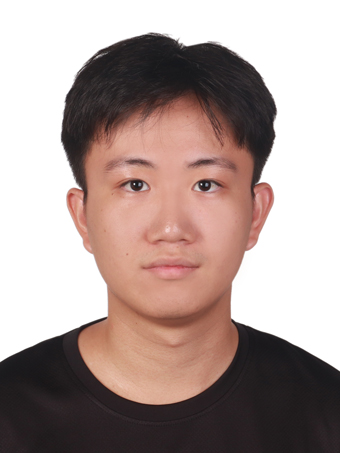
Wen Yong Lim
UROPS AY25/26
Department of Chemistry
National Univeristy of Singapore
Email: e1122816@u.nus.edu

Yim Qi Yao
FYP AY25/26
Department of Chemistry
National Univeristy of Singapore
Email: yimqiy40@u.nus.edu
CSC Visting Scholars
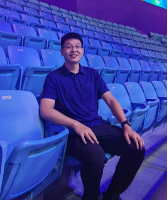
Dr. Haolin Li received his Ph.D. from City University of Hong Kong aswell as a joint Ph.D. degree from National Tsing Hua University. His researchinterests mainly focus on: First-principles simulations applied onheterogeneous catalysis, metal/oxides surfaces,interfaces and metal cluster; Theoretical calculations and experimental studies on layered ceramics, their derivatives and composites.
Email: chmv645@visitor.nus.edu.sg

Dr. Min Tang received her Ph.D. in Environmental Science and Engineering from South China University of Technology and her M.S. in Environmental Engineering fromthe University of Chinese Academy of Sciences. With an academic background inenvironmental catalysis, interfacial reaction mechanisms, and sustainable waterpurification technologies, her current research aims to develop efficientcatalytic systems and elucidate their fundamental mechanisms for low-carbon andresource-efficient wastewater treatment.
Email: chmv654@visitor.nus.edu.sg

Dr. YanJun Zhao is a lecturer in the school of chemistry and biological engineering at University of Science & Technology Beijing (USTB), where she also earned her Ph.D. in Chemistry. With an academic background in environmental chemistry and materials science, her current research focuses on design, synthesis, and application of biochar-based materials for control and elimination of organic pollutants.
Email: chmv666@visitor.nus.edu.sg
CSC Visiting Students
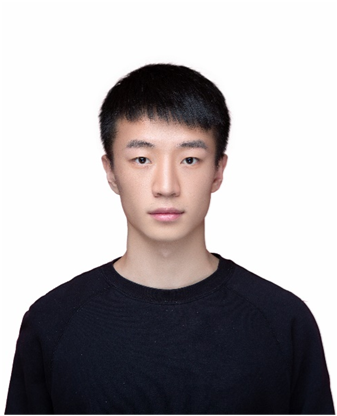
Jian Cui is a Ph.D. student at the College of New Energy and Materials, China University of Petroleum (Beijing). His research interests focus on the design and preparation of platinum-based catalysts for fuel cells. Currently, his research centers on the theoretical design, controllable synthesis, and electrochemical mechanisms of Pt-based intermetallic compounds for the Oxygen Reduction Reaction (ORR).
Email: chmv663@visitor.nus.edu.sg
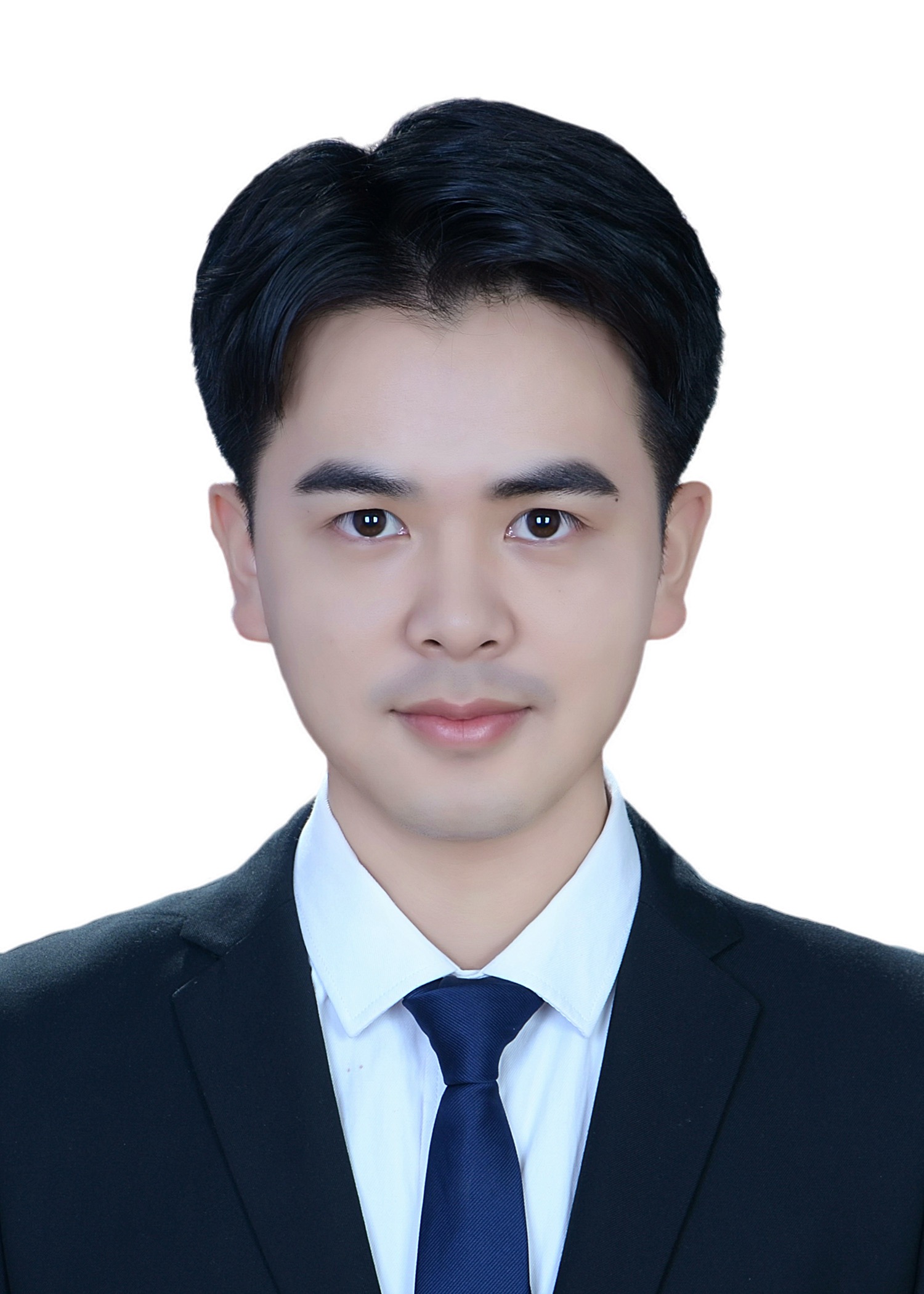
Yuxing Lin is a PhD student in the Department of Physics at Xiamen University, with a background in physics and chemistry. He is currently engaged in the design of electrocatalysts and the investigation of electrochemical reaction mechanisms using density functional theory (DFT) and ab initio molecular dynamics (AIMD) simulations
Email: chmv679@visitor.nus.edu.sg
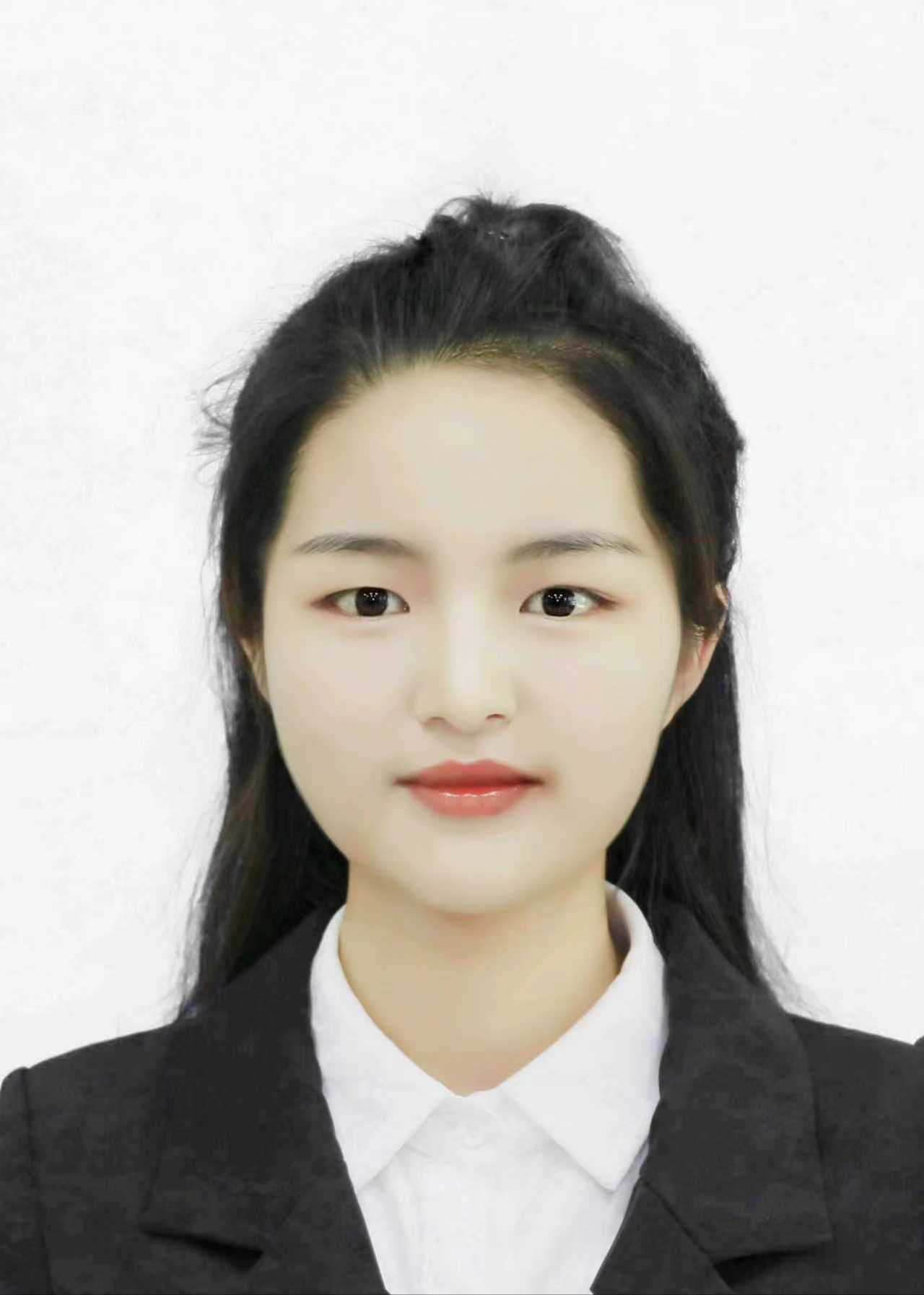
Huan Zhang graduated from Wuhan University of Technology with a bachelor's degree in Environmental Engineering. She is currently pursuing her doctoral degrees at the same university through a combined master's-to-doctoral program, and is now undertaking joint training at the National University of Singapore as a government-sponsored student. Her research focuses on the extraction of precious metals, pollutant degradation, and electrocatalysis.
Email: chmv639@visitor.nus.edu.sg
Alumni
Kasish Mahajan, UROPS AY24/25 Special Terms, Department of Chemical Engineering, The University of British Columbia
Xuanze Lin, UROPS AY24/25 Special Terms, School of Chemistry and Chemical Engineering, Shanghai Jiao Tong University
Mingbang Wang, UROPS AY24/25 Special Terms, College of Chemistry and Molecular Engineering, Peking University
Ji Seop Song, UROPS AY24/25, Department of Chemistry, National Univeristy of Singapore
Wentao Wang, CSC Visiting Scholar AY25/26, Department of PhysicsGuizhou Normal University
Shiyu Zuo, CSC Visiting Student AY25/26, School of Environment and Energy, South China University of Technology